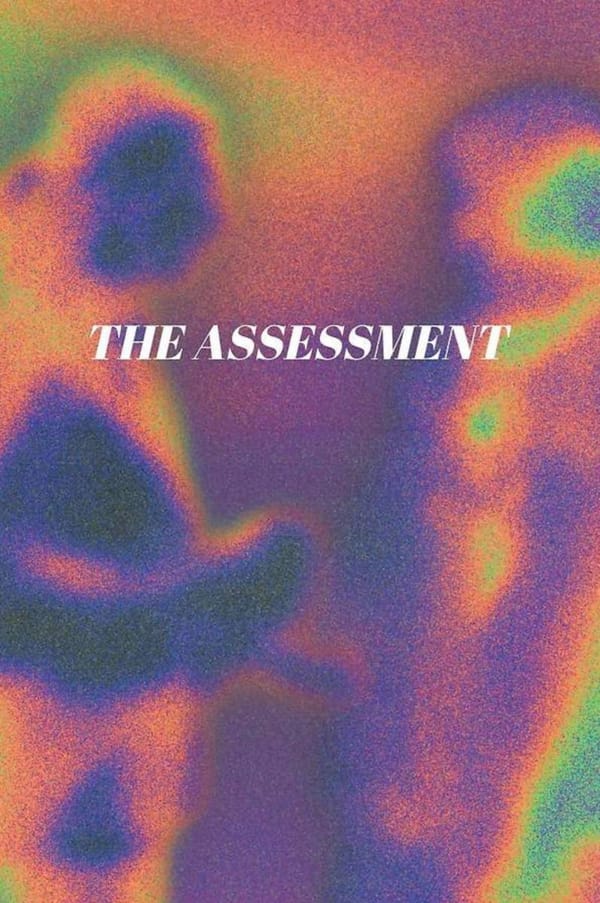The Room Next Door
Why The Hell Has Euthanasia Not Been Legalised Yet: The Movie
Martha is dying of stomach cancer. None of the treatment regimes she has undergone have stopped it from metastasising, she feels her mental acuity slipping away but is powerless to do anything, and she is tired of being a “fighter”, abhorring the battle rhetoric used by cancer support groups. At least Ingrid (Julianne Moore) – a friend and ex-colleague – is there for her, patiently listening to Martha talk about her relationship with her estranged daughter and her time as a war correspondent.
As the inevitability of her death sinks in, Martha (Tilda Swinton) makes the difficult decision to end her life on her own terms – but she needs some help, someone to be in “the room next door” when she passes on. However, when she asks her closest friends, they express qualms about the role, moral but also legal: assisted dying is illegal in 40 US states, including the movie’s setting in New York, while in this country it is a crime which carries a maximum sentence of 14 years in prison. She manages to persuade an initially reluctant Ingrid, and we wait in suspense for her moment of action.
On second thought, “in suspense” might be an oversell. The script is a revolt against “show don’t tell” at times: although Swinton and Moore excel in their non-verbal expressivity, their dialogue comes off as incredibly passionless and through-the-motions, more so when the characters attempt to relate painful or sentimental anecdotes. Ingrid recalls that her then-boyfriend came back from Vietnam “a broken man” and that he would work in a hospital to bring himself inner peace (his words, not hers); meanwhile Martha clinically notes that her daughter “carved out quite an abyss between us” during her teenage years, which sounds like the kind of thing Emily Gilmore would say. Then again, it is hard to say how much of this is down to director Pedro Almodóvar. An adaptation of Sigrid Nunez’s 2020 novel What You Are Going Through, The Room Next Door is Almodóvar’s first English-language feature-length release, and the stiltedness of the lines is perhaps a consequence of his inexperience in writing organically sounding dialogue for an English production.
The script is a revolt against “show don’t tell” at times
It’s a shame, too, as this is primarily a character-driven movie. Despite the subject matter, The Room Next Door isn’t a cinematic opinion piece on the dire legal minefield of the euthanasia question, with only two scenes in its runtime really addressing it. That isn’t to say that he isn’t trying to make a statement whatsoever – one of the scenes in question follows Martha’s death, when Ingrid is called down to the precinct to answer some questions. There she is interrogated about her involvement by an obnoxious cop, who states in a neat syllogism that, one, criminals must be punished, and two, assisting in a suicide is a crime, with the conclusion acting as a veiled threat towards her. Though it feels shoe-horned into the story, it nonetheless hints at Almodóvar’s strong opinion on the topic: when he received the Venice Film Festival’s best film award last month, he said that “saying goodbye to this world cleanly and with dignity is a fundamental right of every human being.” If The Room drops marks for its passionless lines, it at least gains some for refusing to brush under the rug a complicated yet critical issue of our time, instead putting it right in front of the camera.










